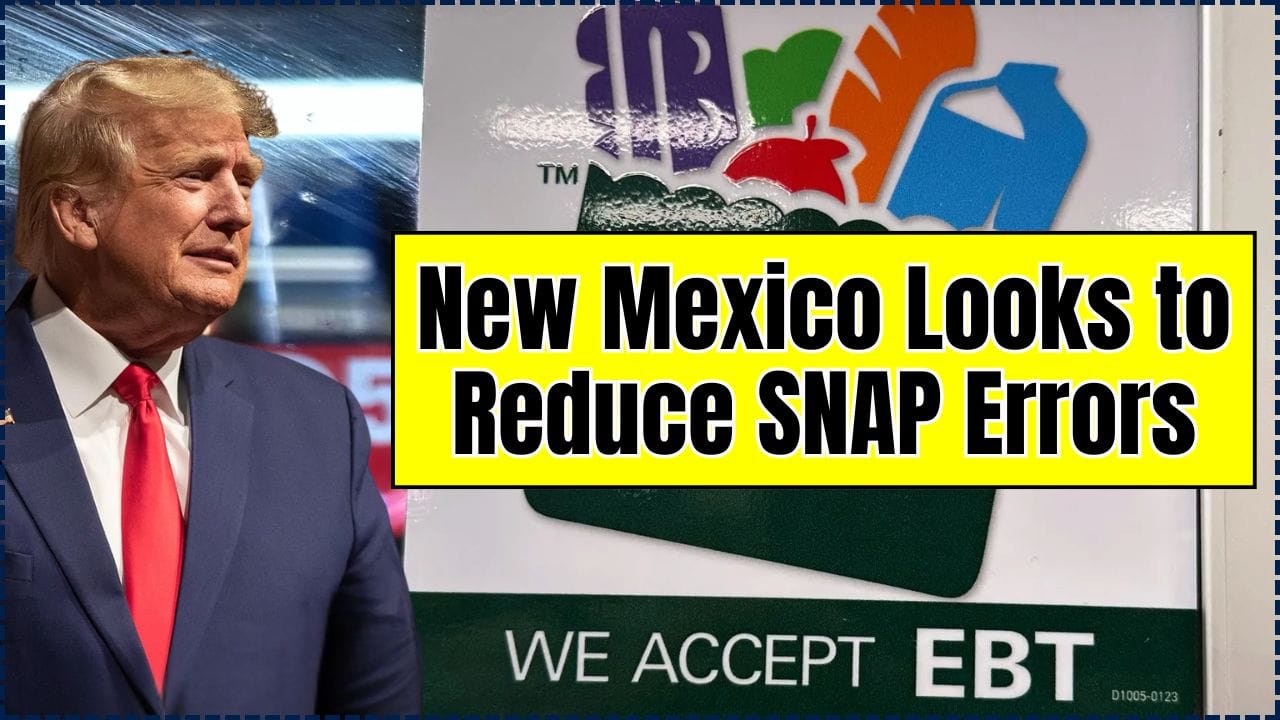Dreaming of walking the historic halls of the London School of Economics and Political Science (LSE) without the burden of tuition fees? The Chevening LSE Scholarship 2026 might just be your golden ticket. This prestigious award, funded by the UK’s Foreign, Commonwealth & Development Office, offers more than just financial support; it’s an invitation to join a global network of leaders, thinkers, and changemakers. This guide is designed to demystify the application process, providing you with a clear, actionable roadmap to turn your LSE ambition into a reality.

Chevening LSE Scholarship 2026
| Key Fact | Detail | Why It Matters |
| Scholarship Type | Fully Funded Master’s Degree | Covers your LSE tuition fees, a monthly living stipend, and travel costs to and from the UK. |
| Primary Requirement | Leadership Potential | Chevening seeks individuals who will be future leaders and influencers in their home countries. |
| Academic Entry | Separate LSE Admission | You must apply for and receive an unconditional offer for an eligible one-year master’s course from LSE. |
| Application Window | August – November 2025 (Tentative) | You have a specific, limited window to submit your Chevening application. Start preparing now! |
Applying for the Chevening LSE Scholarship is a marathon, not a sprint. It demands introspection, meticulous planning, and unwavering determination. But the reward—a fully funded education at one of the world’s most prestigious social science institutions and lifetime membership in an elite global network—is more than worth the effort.
Break down the process into the steps outlined above, focus on telling your unique story with passion and clarity, and believe in the value you can bring to the Chevening community. Your journey to LSE starts not when the application window opens, but today.
What Makes the Chevening LSE Scholarship a Golden Ticket?
Pursuing a master’s degree at LSE places you at the heart of global debate, taught by world-leading experts. When combined with the Chevening Scholarship, the opportunity transcends a simple academic year. Think of it less as a grant and more as a career-defining fellowship.
Chevening isn’t just paying for your degree; it’s investing in your future. The program is renowned for identifying and nurturing individuals with the vision and drive to create positive change. As a scholar, you’ll gain access to an exclusive calendar of events, lectures, and networking opportunities. You become part of a 55,000-strong global alumni network, a powerful community that offers connections and support long after you’ve graduated. This combination of a world-class LSE education and the unparalleled Chevening network is what makes this a truly transformative experience.
Are You the Leader Chevening and LSE Are Looking For?
Before you dive into the paperwork, it’s crucial to understand that you are navigating two distinct but parallel application processes: one for Chevening and one for LSE. Success requires meeting the standards of both.
Core Chevening Eligibility Criteria
Chevening has a clear set of non-negotiable requirements. According to the official Chevening website, you must:
- Be a citizen of a Chevening-eligible country or territory.
- Return to your country of citizenship for a minimum of two years after your award has ended.5
- Have completed an undergraduate degree that will enable you to gain entry onto a postgraduate programme at a UK university.
- Have at least two years of work experience (equivalent to 2,800 hours).7
- Not have previously studied in the UK with funding from a UK Government-funded scholarship.
The work experience requirement is often a point of confusion. It can include full-time employment, part-time work, voluntary work, or paid/unpaid internships. The key is to demonstrate that you’ve developed professional skills and insights relevant to your career goals.
LSE’s Academic Standards
While Chevening assesses your leadership potential, LSE assesses your academic prowess. LSE is one of the most competitive universities in the world. You must apply separately through their graduate admissions portal and be offered a place on an eligible one-year master’s course.
In my experience advising applicants, the biggest hurdle is often managing these two separate applications simultaneously. You need to craft a compelling narrative for Chevening about your leadership journey while also presenting a rigorous academic profile that meets LSE’s demanding standards. Start your LSE application research as early as possible to ensure you meet all their specific course requirements.

Your Step-by-Step Application Roadmap
Navigating the timeline is key. Breaking it down into manageable phases will prevent last-minute stress and produce a much stronger application.
Phase 1: The Groundwork (Now – July 2025)
This is your research and preparation phase. Don’t wait for the application window to open.
- Identify Your LSE Courses: Scour the LSE graduate course guide and select three eligible one-year master’s programs. Make sure they align perfectly with your career goals.
- Check English Language Requirements: If you need to take an English language test like IELTS or TOEFL, find out the required scores for your chosen LSE courses and book your test.
- Contact Your Referees: Reach out to two people who can speak to your character, leadership potential, and academic abilities. Give them plenty of notice and provide them with your CV and information about the scholarship.
Phase 2: The Chevening Application (August – November 2025)
Once the portal opens, your focus shifts to the Chevening application. This is where you tell your story through four critical essays, each with a 500-word limit.
- Leadership and Influence: Demonstrate your potential to lead and inspire others.
- Networking: Show how you will use the Chevening network to achieve your goals.
- Studying in the UK: Explain why you have chosen your specific LSE courses.
- Career Plan: Outline your immediate and long-term professional ambitions.
Phase 3: The LSE Application (October 2025 – January 2026)
While you wait for the Chevening outcome, you must complete and submit your application directly to LSE. Pay close attention to their deadlines, which can vary by program.9 Your LSE application will require a statement of academic purpose, transcripts, and references. This statement is different from your Chevening essays; it must be laser-focused on your academic motivations and suitability for the specific program.
Crafting Essays That Stand Out
Your essays are your chance to speak directly to the selection committee. I’ve seen many successful applicants use the STAR method (Situation, Task, Action, Result) to structure their leadership and networking essays, turning abstract claims into compelling stories.
Telling Your Leadership Story
Don’t just list your job titles. Describe a specific situation where you demonstrated leadership. What was the challenge? What specific actions did you take? What was the measurable result of your leadership? Show, don’t just tell.
Weaving Your Networking Web
Be specific. Instead of saying, “I will network with experts,” write, “I plan to connect with Professor [Name] at LSE’s Department of [Name] to discuss [specific research topic] and join the [LSE Student Society Name] to collaborate with peers passionate about [your field].”
Connecting LSE to Your Future
This is the most critical link. You must draw a clear, logical line from your past experiences to your chosen LSE courses, and from those courses to your five- and ten-year career goals. Explain why LSE is the only place that can bridge that gap for you.

The Interview Stage: Sealing the Deal
If your written application is successful, you’ll be invited for an interview between February and April 2026. This is your final chance to impress the panel.
- Know Your Application: Reread your essays until you know them by heart. Be prepared to elaborate on every example you provided.
- Stay Informed: Be up-to-date on current events in your country and your professional field.
- Prepare Questions: Have thoughtful questions ready to ask the interviewers. This shows your genuine interest in the program.
Your Guide to the Minimum Financial Requirement to Study in Germany in 2026
FAQs
Q1:Do I need an offer from LSE before applying for Chevening?
No, you do not need to have an LSE offer in hand when you submit your Chevening application. However, you must have applied to LSE and received an unconditional offer by the deadline specified by Chevening, which is typically in July of the year of the award.
Q2:Can I apply for more than one UK university through Chevening?
Yes. On your Chevening application, you must list three different UK university master’s courses. These can be at three different universities or all at the same university. However, to win a Chevening LSE Scholarship, at least one of your choices must be an eligible course at LSE.
Q3:What counts as “work experience” for Chevening?
Chevening’s definition is flexible. The 2,800 hours can be accumulated over any period and can come from full-time employment, part-time jobs, internships (paid or unpaid), or even extensive and structured volunteer work.
Q4:Is the Chevening LSE Scholarship 2026 fully funded?
Yes, it is a fully funded scholarship. It covers university tuition fees, a monthly living allowance, an economy class return airfare to the UK, and additional grants and allowances to cover essential expenditure.










